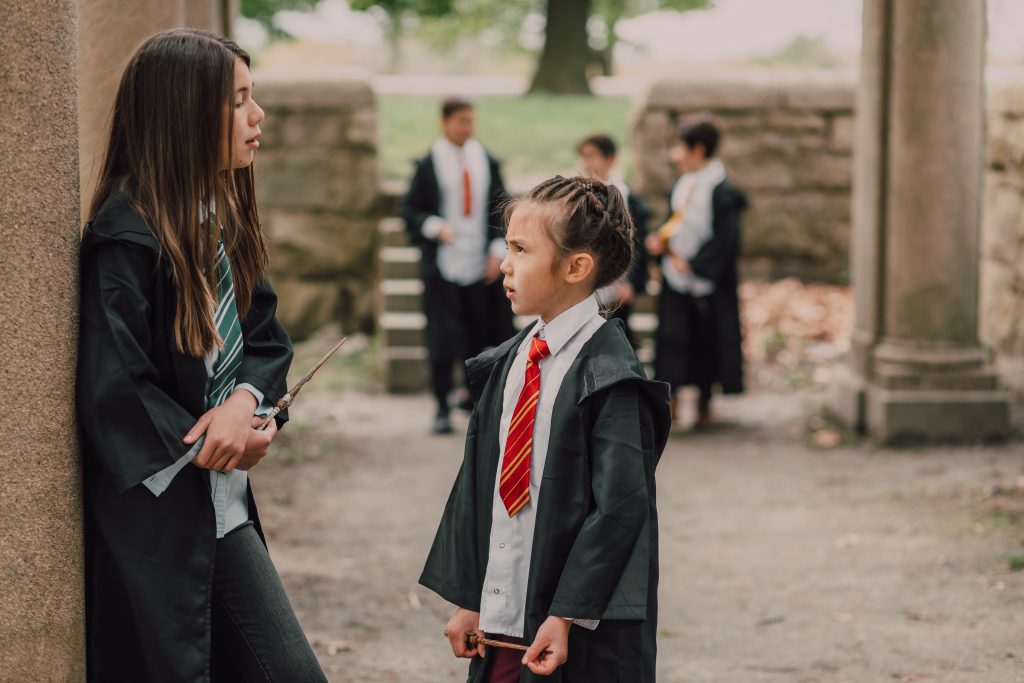By: Teacher Sarah & Teacher Joseph
“Please” and “thank you” are magic words we learn at a very young age, and it is part of any culture all over the world. Better than “abracadabra” or “wingardium leviosa”.
Etiquette brings out the best in you and encourages others to be their best. Daily practice of this virtue makes life more agreeable. Good manners pave the way to making a good impression on others in everyday life. It also helps you feel better about yourself.
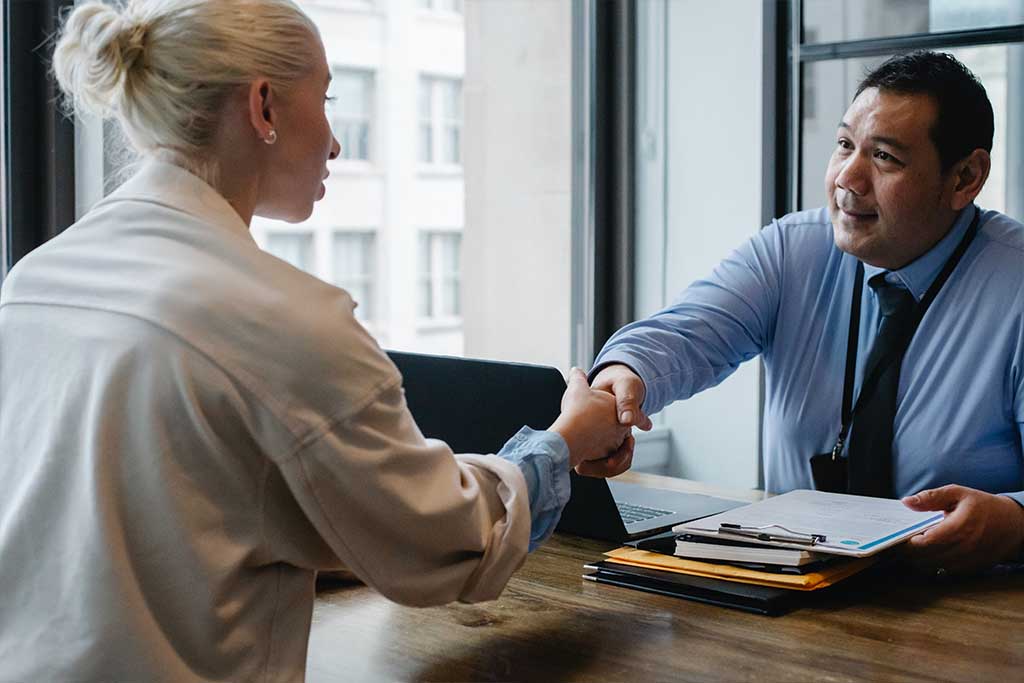
TALKING POLITELY
Being polite means being considerate and respecting other people’s feelings. Politeness can and will increase your interactions with others, build respect and rapport, enhance your self-esteem and confidence, and improve your communication skills. Become polite through learning how to use these expressions. Read on.
Being polite means behaving in a way that is socially appropriate and shows an understanding of and regarding other people’s feelings.
Politely: Used as an adverb and it means reasonably doing something.
Target: Courteous Expressions
-It is a reminder of good manners.
4 Popular Magic Words
4 Popular Magic Words
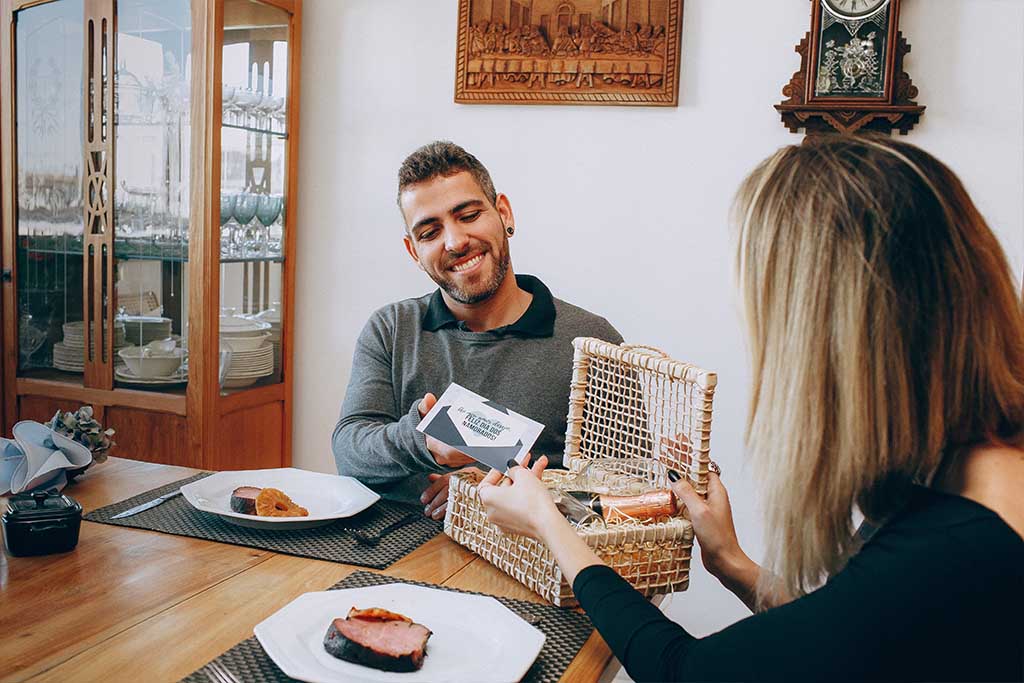
1.Thank You
The simplest form of expressing our gratitude is saying “thank you”. This magic word is important because this is our way of recognizing a person’s effort in doing something good and remarkable for us.
Alternative Expressions
“I really appreciate it.”
-It’s our way of acknowledging the value of the action done by a person for you.
“I owe you one.”
-It’s our way of telling people that we are thankful for the favor and we will repay the favor in the future.
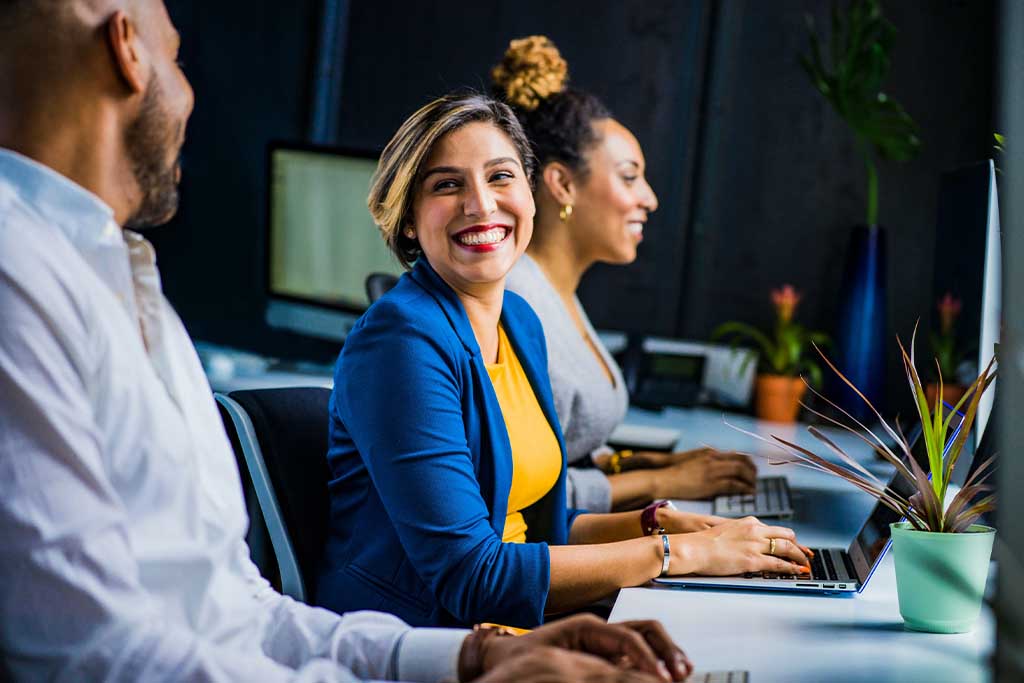
2.You are welcome
The basic meaning of this expression is that we are willing to help or assist. We use this as a response when a person thanks us.
Alternative Expressions
“Don’t mention it.”
– The polite response when people thank us, and we think they don’t need to really bring it up.
“My pleasure.”
It means you are happy to do the favor for the person
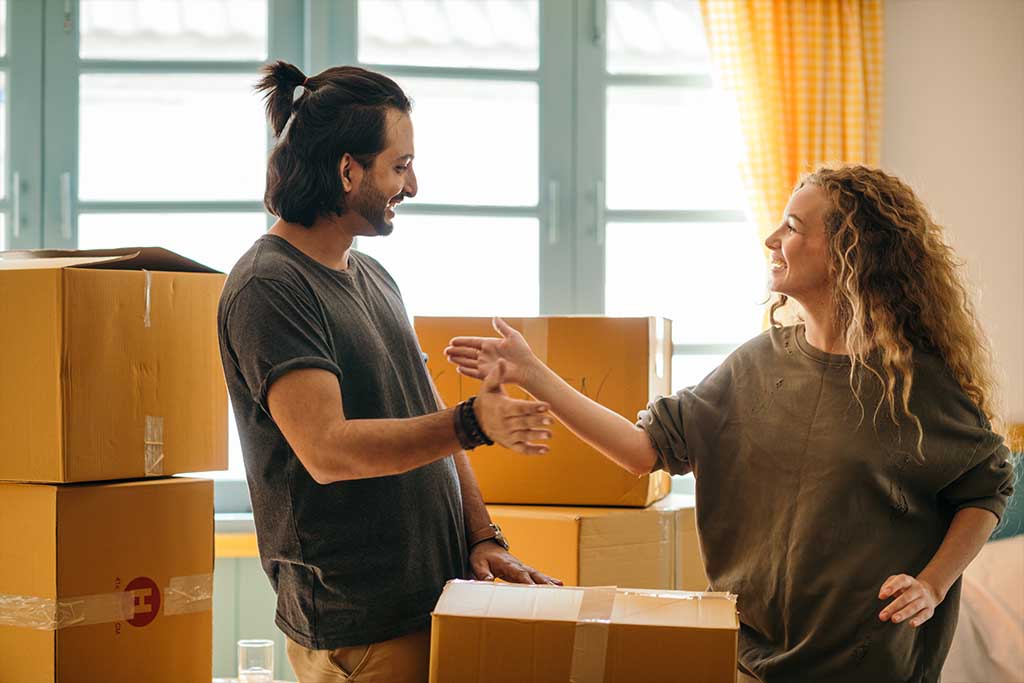
3. I am Sorry
If you think you have offended someone, learn to apologize. It will open the communication and will ease the tension.
Alternative Expressions
“My apologies.”
-Formal way of saying one is sorry.
“I beg your pardon.”
-Used as a polite way of saying sorry for something you have said or done.
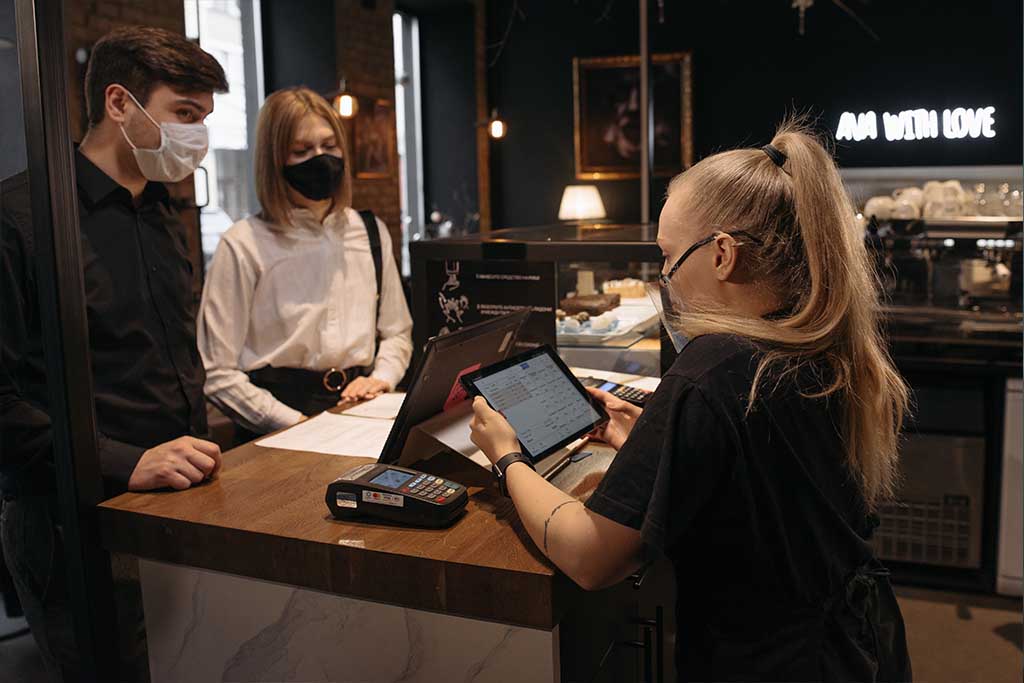
4. Please
#1 We use “please” to politely request something
” Could I have 1 latte to go, please?
#2 To add demand to the request
” Please, make sure to finish editing the videos tonight.”
Basic Polite Classroom Expressions
1. Teacher, may I answer the question?
When to use: You will say this if you want to answer the teacher’s question.
2. Yes, you may.
When to use: You will say this if somebody offers to help you.
3. Thank you.
When to use: You will use this expression if somebody helps you.
4. You are welcome.
When to use: You will use this expression if you helped somebody and they said thank you.
5. I am sorry, Teacher.
When to use: You will use this expression if you answered incorrectly.
6. May I help you carry your things?
When to use: You will use this expression if you will offer to help someone.
How about a mind map to warp your thoughts into being nice.
That looks difficult, right? And you may ask, ‘could there be a simple way?
so, ‘May…’ get it?
Okay, okay, let me put it this way…
1. May I borrow the book?
2. May I go to the toilet?
3. Could you say that again, please? /Can you repeat that please?
Now, that’s easy, don’t you agree? Let me show it to you in a dialog:
Sample dialog:
Student: Teacher, may I ask a question?
Teacher: Yes, you may.
Student: When are we going to have a role play?
Teacher: It will be at the end of the class.
Student: Okay, teacher. Thank you.
Teacher: You are welcome.
Remember to be polite at all times because you will experience different situations in life, so be careful with what you say.
